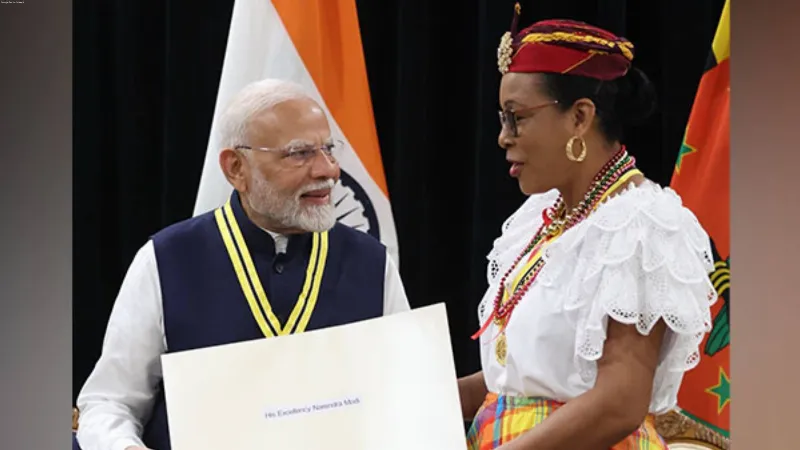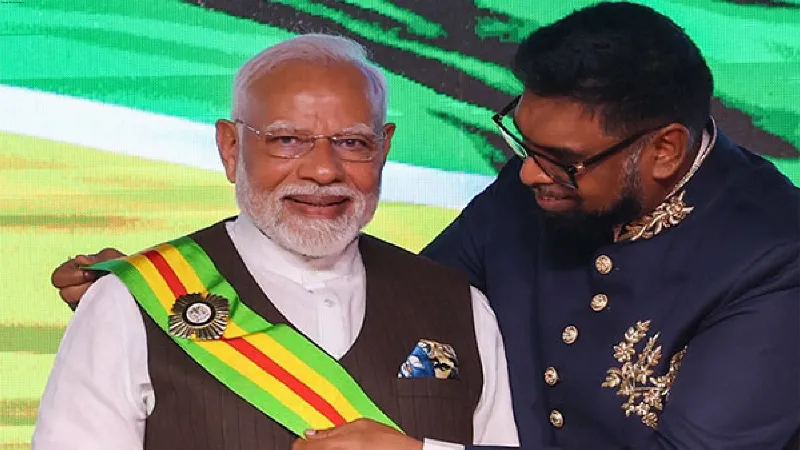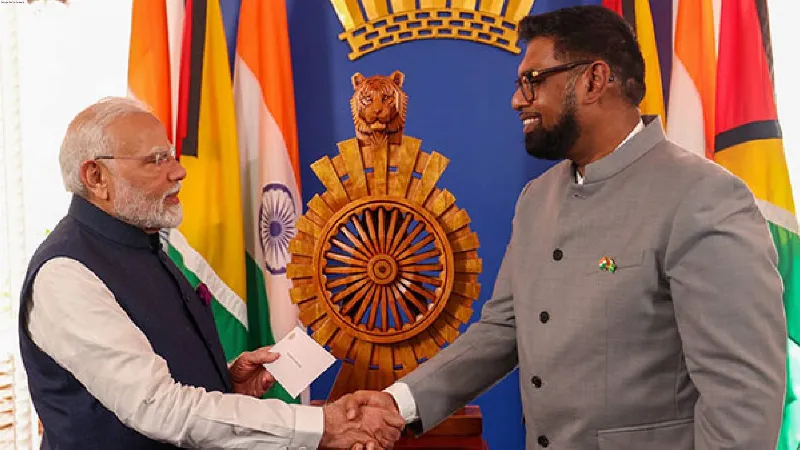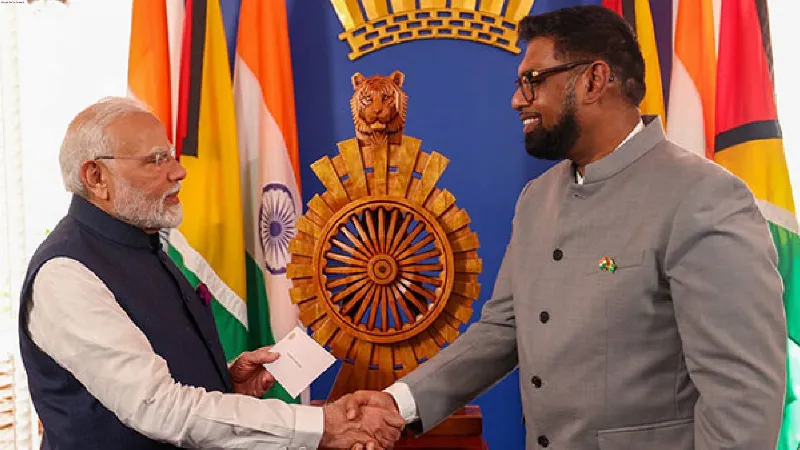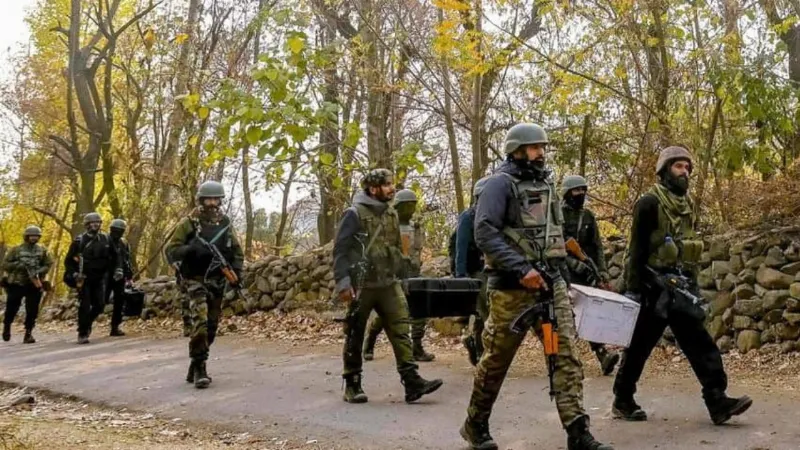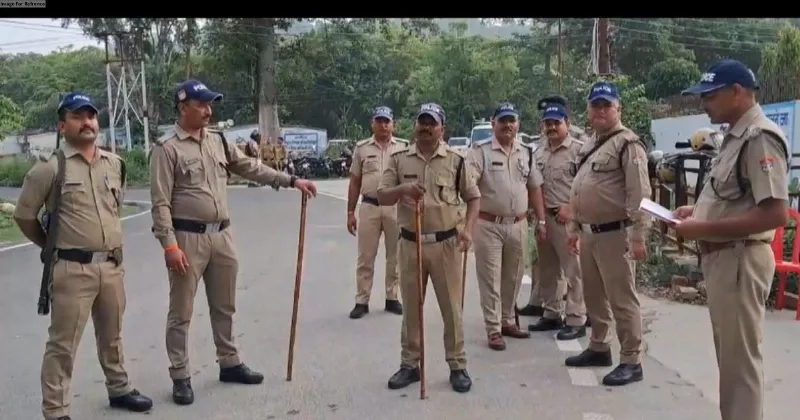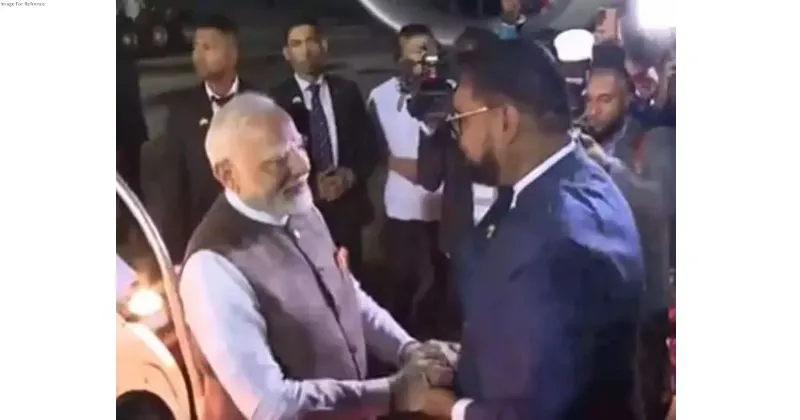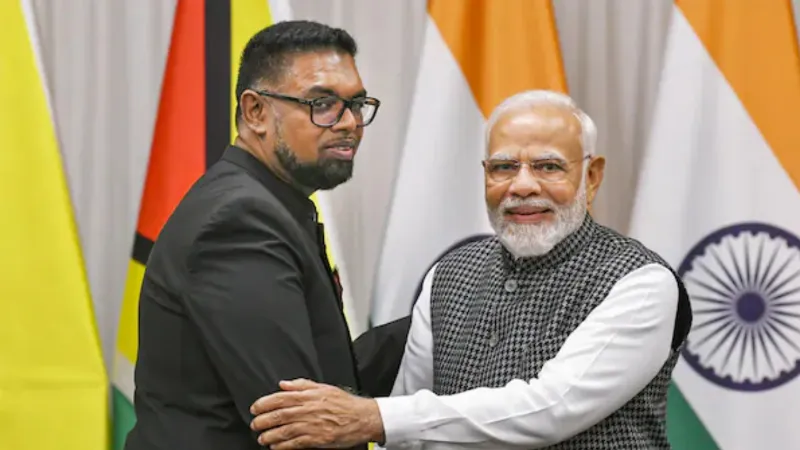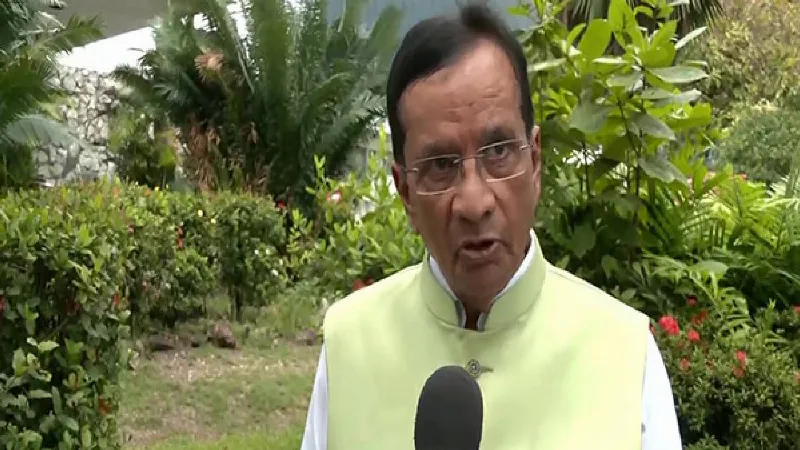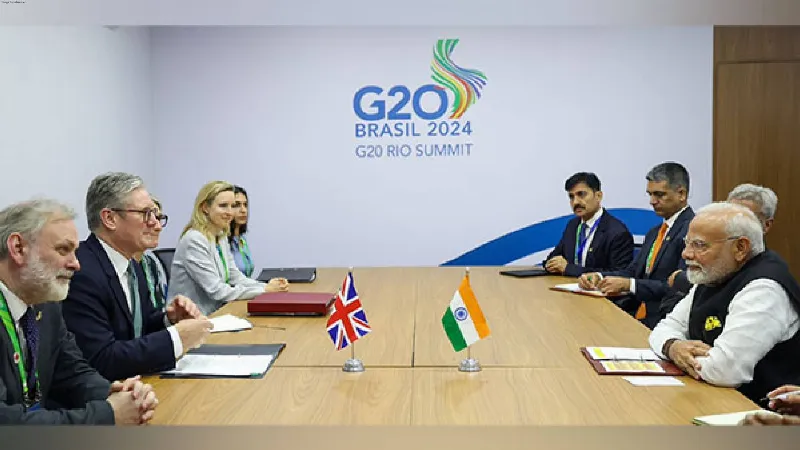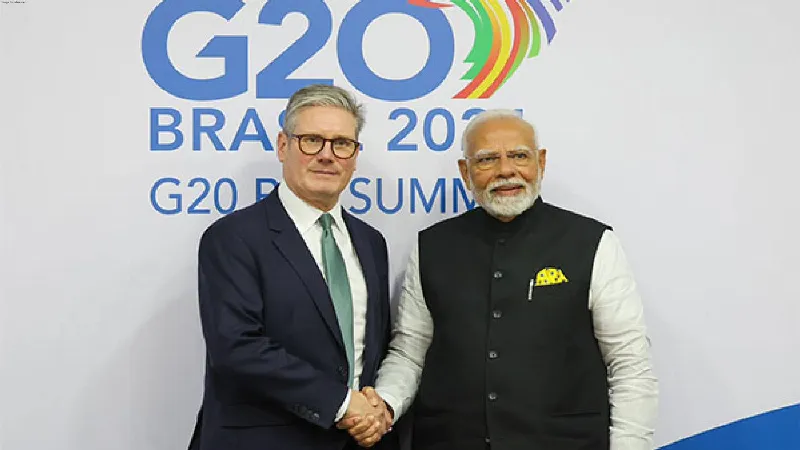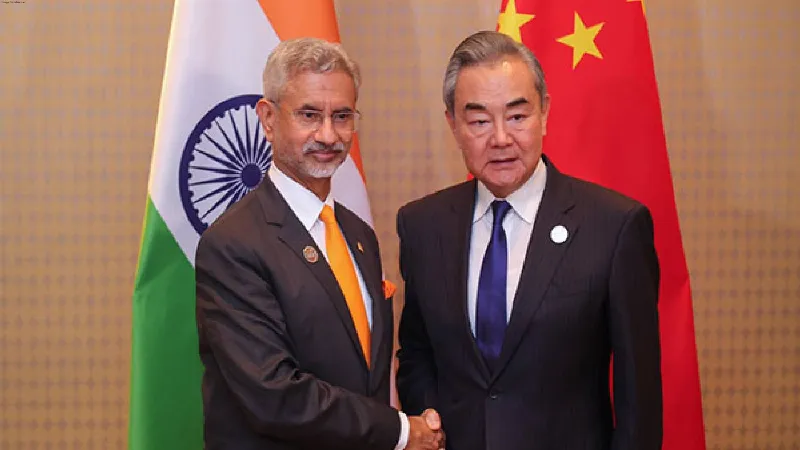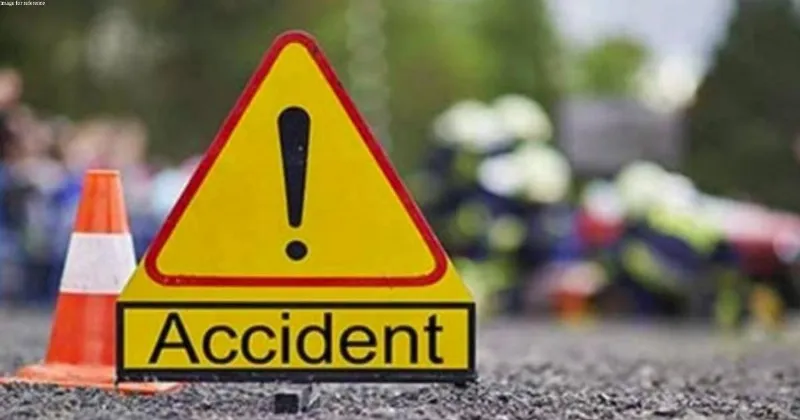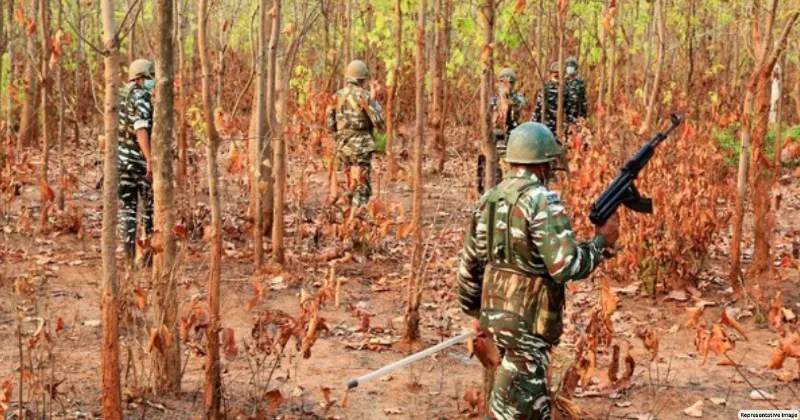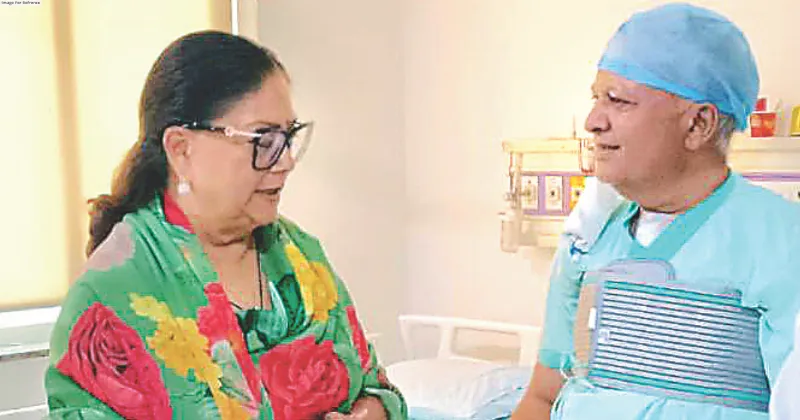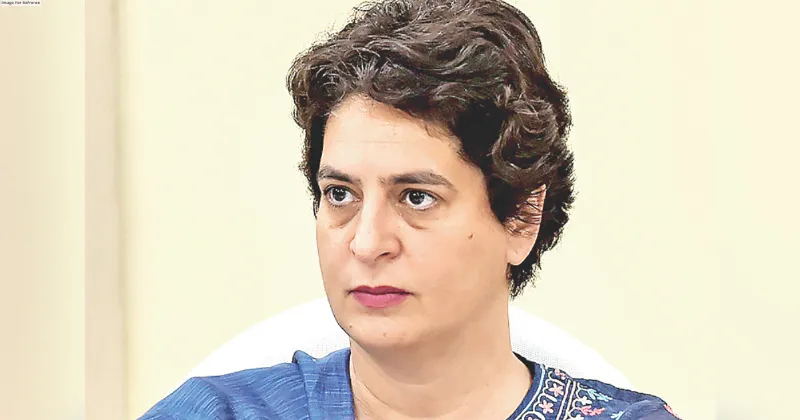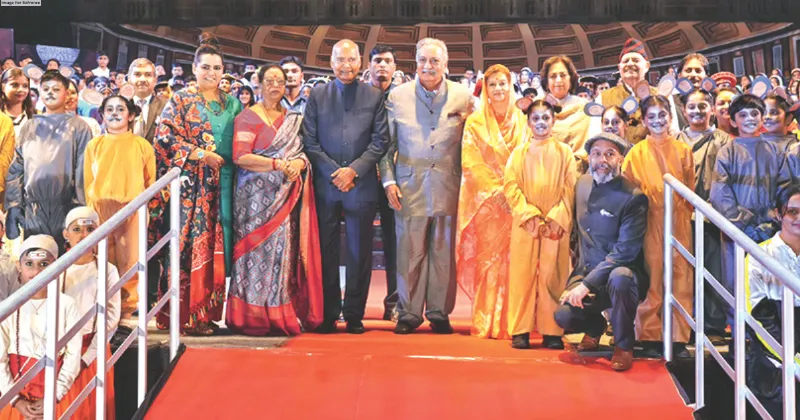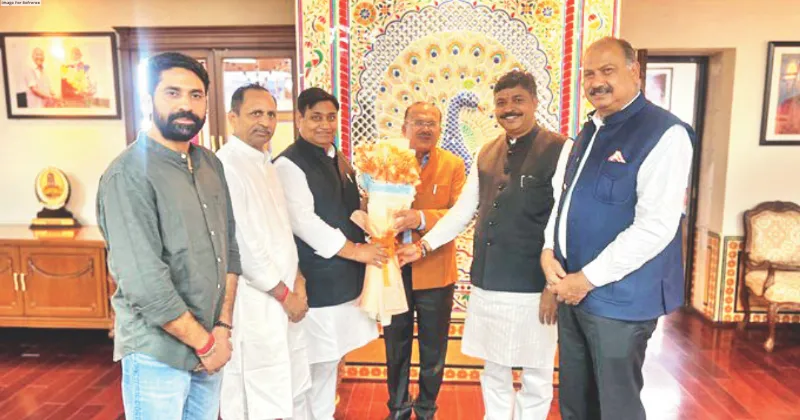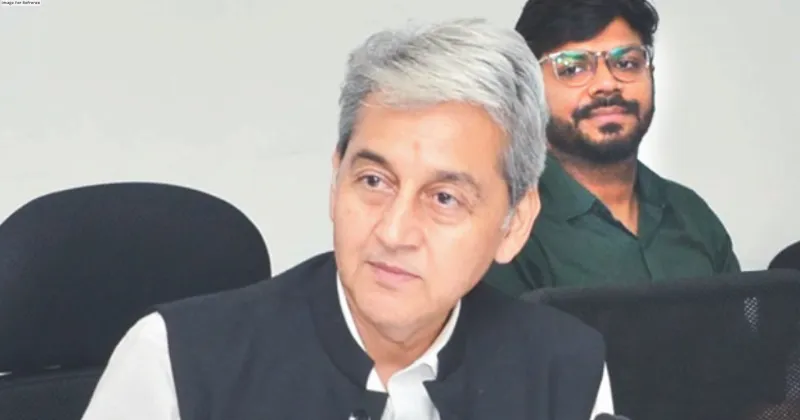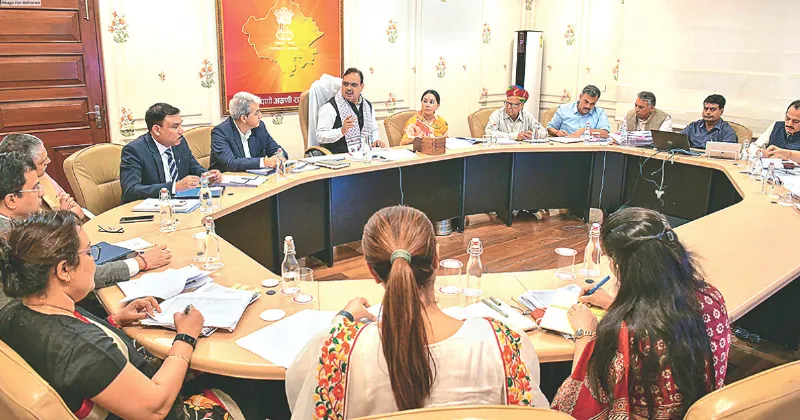Latest News
UN lacks credibility and, to large degree, effectiveness: Jaishankar
.jpg)
Washington, DC: Reiterating the need for reforms in the United Nations, External Affairs Minister S Jaishankar on Friday said the world body lacks credibility and, to a large degree, effectiveness. Without naming India, Jaishankar lamented that the fifth largest economy of the world is not in the United Nations Security Council.
Jaishankar made the remarks while participating in a discussion at Hudson Institute in Washington, DC.
On India being described as a reformist rather than as a revisionist power, he said, "It's very clear today that we are serious about climate action. If you are looking to sustain, you know, to ensure that sustainable development goals are well-resourced, then somewhere we have to find the financial muscle for that. Now, for us too, it is the international financial institutions, the World Bank and the Fund which will be at the core of that effort."
"So, a lot of what we are seeking to do is to improve and I would say refresh institutions, make them more fit for purpose. And that even applies to the United Nations. We do believe today that a United Nations where the most populous country is not in the Security Council, when the fifth largest economy is not there, when a continent of 50 plus countries is not there, that United Nations obviously lacks credibility and to a large degree effectiveness as well.
So when we approach the world, it's not with the sort of pull down the pillars kind of approach. It is very much what can we do to make it better, fitter, efficient, purposeful," he added.
Earlier, addressing the 78th session of the United Nations General Assembly (UNGA) in New York City, Jaishankar called on the United Nations to ring in urgent reforms to stay relevant in the contemporary world, saying that the issue cannot remain "indefinite" and "unchallenged".
Keeping up with his refrain from his address at the United Nations General Assembly, Jaishankar said, "In our deliberations, we often advocate the promotion of a rules-based order. From time to time, respect for the UN Charter is also involved. But for all the talk, it is still a few nations, which shape the agenda and seek to define the norms.
This can't go on indefinitely nor will it go unchallenged. A fair, equitable and democratic order will surely emerge once we all put our minds to it. And for a start, that means ensuring that rule-makers do not subjugate rule-takers."
Speaking on changing world architecture at the Hudson Institute in Washington, DC, Jaishankar said, “The world as we live it today is largely a Western construct. Now, if you looked at the world architecture there's been obviously enormous change in the last 80 years… nothing illustrates it more than the G20 itself. So, the list of the G20 will tell you the easiest way of actually getting a sense of the changes in the world.”
“So, I make this very important distinction. Where India is concerned, India is non-Western. India is not anti-Western,” he added.
He said that a particular model of globalisation has evolved over the past 25 years but the world now is "badly in need of some form of reglobalisation."
In his opening remarks at the Hudson Institute in Washington, DC, Jaishankar said, "If you put it together, I would suggest to you that the world is badly in need of some form of reglobalisation, that globalisation itself is undeniable. It has struck very deep roots."
"It has tremendous benefits. Nobody doubts that. But, the particular model of globalisation which has evolved over the last 25 years obviously has a lot of risks inherent in it. And today, how to address those risks and create a safer world is part of the challenge facing the Pacific order," he added.
Jaishankar is currently in the last leg of his US visit. After concluding his New York visit, the EAM arrived in Washington, DC on September 28. (ANI)

